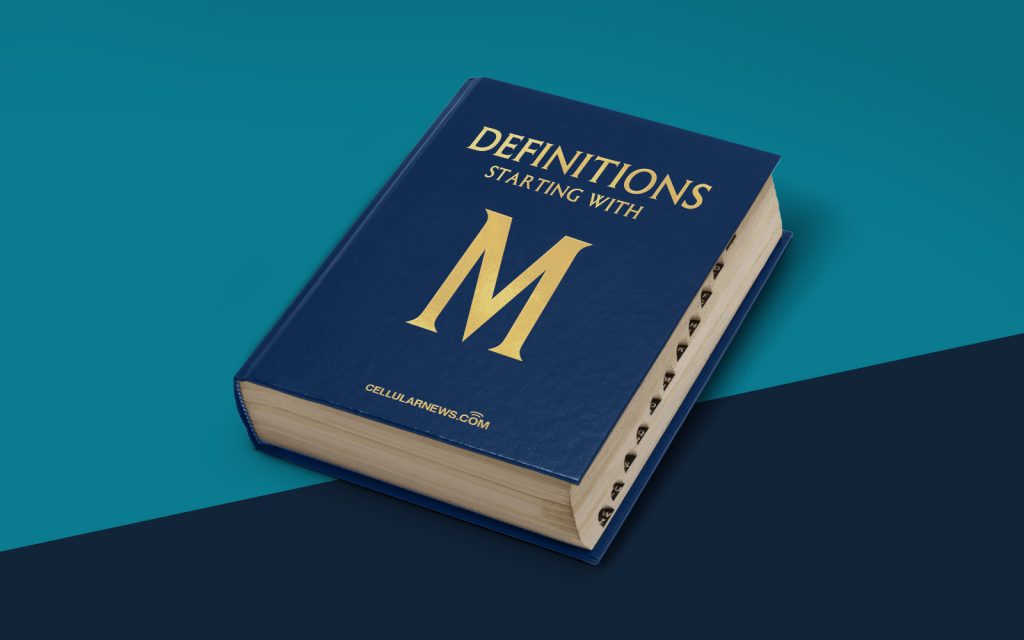
What is a Megabyte (MB)?
Are you one of those people who get confused when you see the term “megabyte” while browsing the internet or dealing with files? Well, you’re not alone! In this blog post, we will demystify the definition of a megabyte in a simple and easy-to-understand language.
Key Takeaways:
- A megabyte (MB) is a unit of digital information that represents approximately one million bytes.
- It is commonly used to measure the size of files, such as documents, photos, videos, and software.
So, let’s dive into the world of megabytes and unlock the secrets behind this fascinating unit of measurement!
What Exactly is a Megabyte?
A megabyte (MB) is a unit of data storage in the digital world. It is used to measure the size of files and the amount of space they occupy on devices such as computers, smartphones, or tablets. Just like other storage units, a megabyte is based on the binary system, where one megabyte is equivalent to approximately one million bytes.
Imagine a megabyte as a digital container that can hold a specific amount of information. It’s like a small bucket that can carry around one million tiny pieces of data. Each of these tiny pieces, known as bytes, is made up of eight individual bits, which are the building blocks of digital information.
What can a Megabyte Store?
A megabyte can store different types of files and information, depending on their size. Here are a few examples:
- A typical Word document can range from a few kilobytes to a few megabytes, depending on its length and the number of images or graphics it contains.
- A high-resolution photo captured by a modern digital camera can range from a few megabytes to several dozen megabytes.
- Amp3 song usually occupies around three to five megabytes.
- A short video clip can take up tens or hundreds of megabytes.
- Software or application files can be as large as several hundred megabytes, or even into the gigabyte range.
Is a Megabyte the Same as a Mebibyte?
It’s important to note that sometimes the term “megabyte” is used interchangeably with “mebibyte” (MiB). However, there is a slight difference in their actual values. While a megabyte represents one million bytes, a mebibyte represents approximately 1,048,576 bytes. This distinction arises from the difference between the decimal system (which uses powers of 10) and the binary system (which uses powers of 2) used to measure data storage.
In practical terms, the difference between a megabyte and a mebibyte is usually negligible for everyday use. However, when dealing with large files or storage devices, understanding this distinction can be important.
In Conclusion
Now that you have a better understanding of what a megabyte is, you can easily decipher the size of files and storage capacities when browsing the digital realm. Whether you’re dealing with word documents, photos, videos, or software, the concept of a megabyte will help you navigate the digital landscape with confidence!
Remember, a megabyte is a unit of digital information that represents approximately one million bytes. Embrace the power of the megabyte, and let it guide you through the vast world of digital knowledge!
